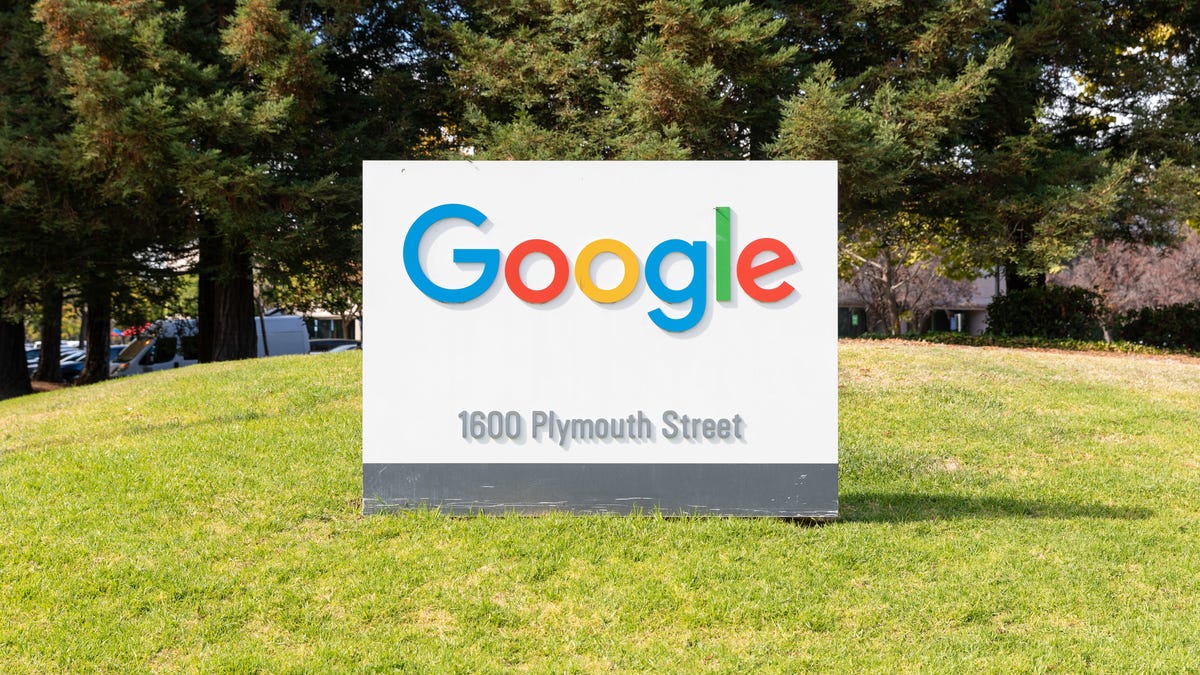Google: We eliminated our 'entire carbon legacy' to fight climate change
The search giant also aims to use completely carbon-free energy around the clock by 2030.

Google says it's offset its lifelong carbon emissions, part of an effort to combat climate change.
A few months after Microsoft pledged to undo by 2050 the climate harm it's done to the atmosphere by emitting carbon dioxide into the atmosphere, Google said it's already done so. "We have eliminated Google's entire carbon legacy," Chief Executive Sundar Pichai said Monday in a blog post.
Carbon dioxide, which can trap heat from the sun in the Earth's atmosphere in a process called the greenhouse effect, is a key part of climate change problems humans are causing on the planet. Google said it became carbon neutral in 2007, meaning it offset carbon emissions related to its operations. That's typically done by purchasing "carbon offsets," actions like planting trees, but carbon offsets are a complex and sometimes shady business.
The search and Android giant reversed its carbon footprint by buying "high-quality" carbon offsets, Pichai said.
Carbon emissions are a major issue for companies seeking to become more environmentally responsible. Google has long pushed for sustainable operations. That's easier at a profitable tech giant, though, than at a more conventional business.
Phases of Google's clean energy transition plan
Google announced several other sustainability developments:
- By 2030, Google operations will be powered completely by carbon-free energy sources like wind and solar power 24 hours a day, relying on batteries to cover gaps in production. "This is our biggest sustainability moonshot yet, with enormous practical and technical complexity. We are the first major company that's set out to do this, and we aim to be the first to achieve it," Pichai said. And that shift reduces reliance on carbon offsets.
- As part of the push, Google will spur development of 5 gigawatts worth of carbon-free energy generation capacity, a $5 billion investment that should see cities and other communities move toward greener power.
- It'll release climate planning tools and work with 500 governments to reduce annual carbon emissions by 1 gigaton per year starting in 2030.
- Google will offer airports, shopping malls, hospitals, industrial sites and other organizations access to artificial intelligence tools to help reduce heating and cooling costs. The technology let Google reduce energy use by 30% at its own data centers.
Google carefully evaluates its greenhouse gas offset projects and only invests in ones verified by third parties, the company said in a statement. It also ensures its offsets aren't involved in other duplicative offset programs and that they're permanent.
Most of Google's carbon-offset efforts capture gases from landfills and industrial operations, Google said. However, there could be improvements in planting trees and other "nature-based solutions" to offset carbon emissions. Google is "very excited to see the advance of technology to increase the credibility, long-term monitoring and accountability of nature based solutions projects," the company said.

